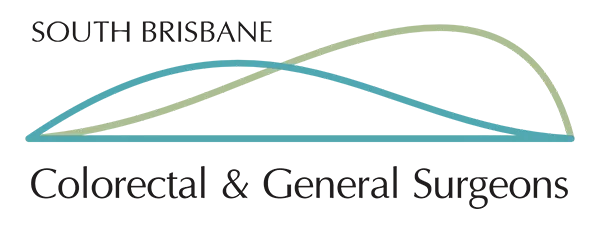
Diverticular disease
Diverticulitis is the inflammation or infection of small pouches, called diverticula, that can form in the walls of the digestive tract. These pouches are most commonly found in the lower part of the large intestine (colon). Diverticulitis can cause severe abdominal pain and complications if not properly treated.
Causes of Diverticulitis
The exact cause of diverticulitis remains unclear, but certain factors are believed to contribute:
- Low-fibre diet: A diet lacking in fibre can make the stool harder and difficult to pass, putting pressure on the colon walls and potentially leading to diverticula formation.
- Obesity: Excess weight can increase pressure within the colon.
- Smoking: Smoking weakens the muscles in the digestive tract and may contribute to inflammation.
- Certain medications: Anti-inflammatory drugs like NSAIDs might increase the risk.
- Age: Diverticulitis is more common in people over 40.
- Family history: Having a close relative with diverticulitis increases your risk.
Symptoms of Diverticulitis
The hallmark symptom of diverticulitis is pain in the lower left abdomen. This pain can be constant or come and go. Other symptoms may include:
- Tenderness or bloating in the abdomen
- Fever and chills
- Nausea and vomiting
- Changes in bowel habits (constipation or diarrhea)
- Rectal bleeding (in some cases)
Treatment
Treatment for diverticulitis depends on the severity.
Mild cases:
- Antibiotics: To treat the infection.
- Dietary changes: Switching to a liquid or low-fibre diet until symptoms improve.
- Pain relief: To manage discomfort.
Severe cases:
- Hospitalization: For IV antibiotics and fluids.
- Surgery: Required if there is a perforation, abscess, fistula, or obstruction. Types of surgery include:
- Primary bowel resection: Removing the affected part of the colon and reconnecting the healthy sections.
- Bowel resection with colostomy: If reconnection is not possible, a colostomy (creating an opening in the abdominal wall for waste to leave the body) may be necessary
Indications for Surgery
- Perforated diverticulitis causing pus or stool to leak into abdominal cavity, resulting in peritonitis
- Fistula formation ie abnormal connection between colon and other neighbouring organs or structures (e.g. vagina, retroperitoneum or bladder)
- Obstruction secondary to diverticular stricture from recurrent diverticulitis
- Abscess that cannot be effectively drained
- Severe cases that do not respond to maximum medical treatment which includes hospitalisation and intravenous antibiotics
- Patients with immune system problems (e.g. related to an organ transplant or chemotherapy)
- Recurrent episodes of diverticulitis requiring multiple hospital admission or affecting quality of life – this is usually done electively.
Preventing Diverticulitis
While there’s no guaranteed way to prevent diverticulitis, certain lifestyle changes can help:
- Increase fibre intake: Aim for a diet rich in fruits, vegetables, and whole grains to keep your digestive system functioning smoothly.
- Maintain a healthy weight: Managing your weight can reduce pressure on your colon.
- Stay hydrated: Drinking plenty of fluids helps soften stool and prevent constipation.
- Exercise regularly: Regular physical activity can improve overall gut health.
- Smoking cessation: Quitting smoking can reduce inflammation throughout the body.
Further Reading
https://www.healthdirect.gov.au/diverticular-disease-and-diverticulitis

